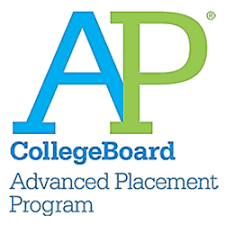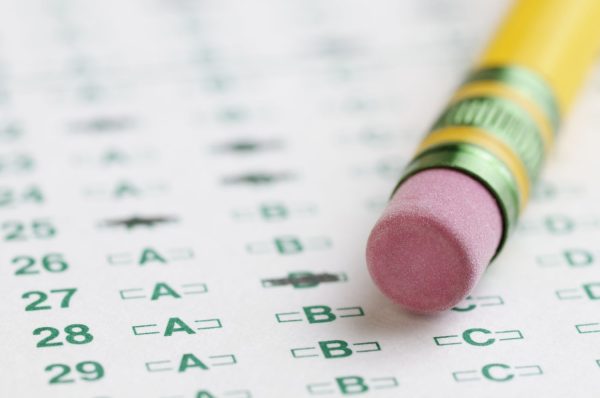Are AP Tests Worth $100?

October 23, 2019
As November rolls around, a very interesting time has come for those students taking AP classes: test registration time. For those unfamiliar with what I’m talking about, Warren offers an array of AP (Advanced Placement) classes that allow “willing and academically prepared students to pursue college-level studies while still in high school” (College Board). AP classes are considered the most rigorous courses offered at the high school level. There are 38 AP courses offered by the College Board, the company that runs the AP Program as well as the SAT, and Warren offers 26 of those courses.
The real appeal of these classes is the ability to obtain college credit. At the end of the school year, the AP classes culminate in a final AP test over all the material learned in the year; these tests are scored out of 5, with a 5 being the highest score possible. These scores can be sent to colleges and, presuming the score is high enough, a student could be exempted from having to take the corresponding college class. This could save some AP students a semester or possibly a whole year of college and thousands of dollars. However, these tests are not cheap, $100 dollars to be exact. In fact, each exam is $100 with a $40 late fee for each test registered after November 15, 2019. The AP Capstone courses, Seminar and Research, are even more expensive at $142 per test. Also, international students have to pay $124 for each test. Payment plans and subsidized costs are available for use but the general cost still remains at $100 per AP test.
The cost for a single test may not seem like a lot, but for students taking 2 or more AP classes, the cost really adds up. The cost is especially high when considering that most schools require a 4 or 5 to be exempted, which is extremely difficult to achieve. Kelsey Schmeling, an AP senior at Warren, hit on this saying, “[the test costs] too much because most colleges don’t even accept [the score].” Another aspect to take into account is if the course is even required for one’s major. Kassandra Jimenez mentioned that when talking about AP Psychology, “it’s not a core class so it might not even be required [in college], so taking the test might have no purpose”
On the other hand, AP classes can be used for college credit, creating the possibility to graduate early from college or just have a lighter class load. If the AP score is accepted, it could save college students thousands of dollars as noted by Bryan Micksch: “It’s $100 dollars versus thousands.” Even those opposed to the high price can value its practical nature: “I don’t like it, it’s not that worth it but it does make sense,” revealed Sarah Kahn, a junior currently enrolled in the AP program.
As the deadline for AP test registration nears, the students must make a choice whether taking the AP test is worth it to them, but that answer is not clear-cut. Each student must take into account the cost and the likelihood of a good score among other varying factors. In essence, AP tests are a risk versus reward gamble and only time can reveal if that gamble paid off.
Source:
https://www.princetonreview.com/college-advice/ap-classes
https://www.collegeboard.org/


















